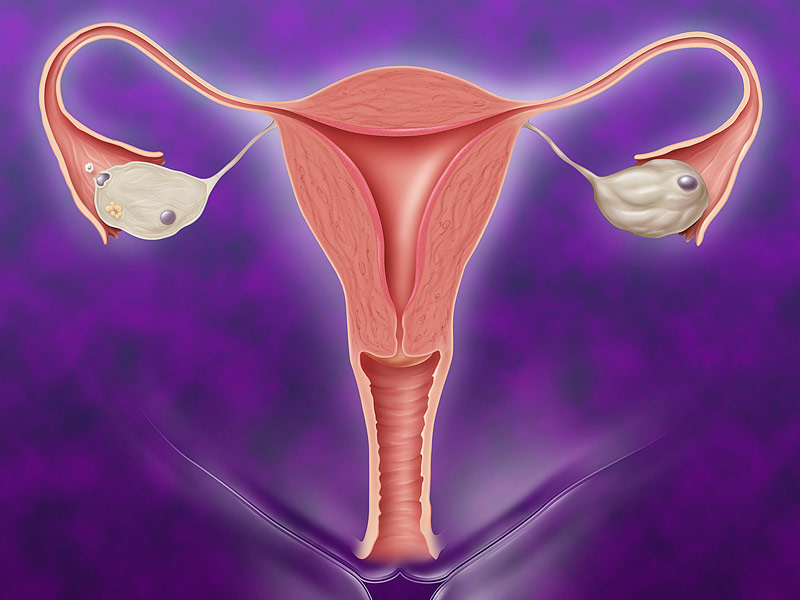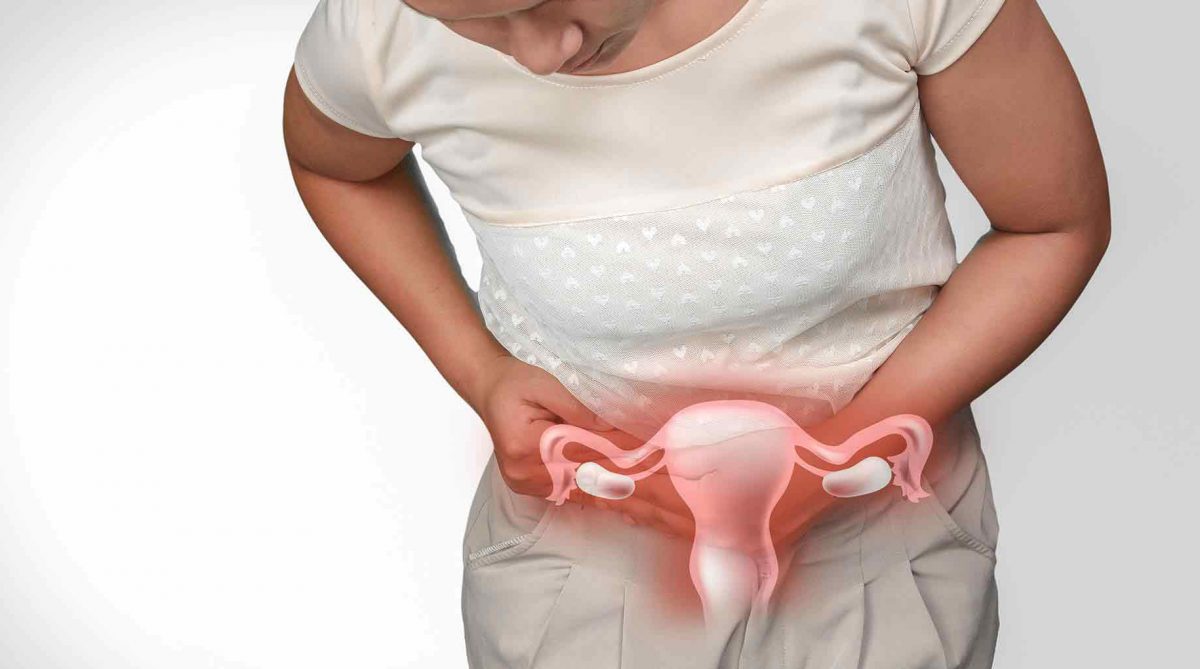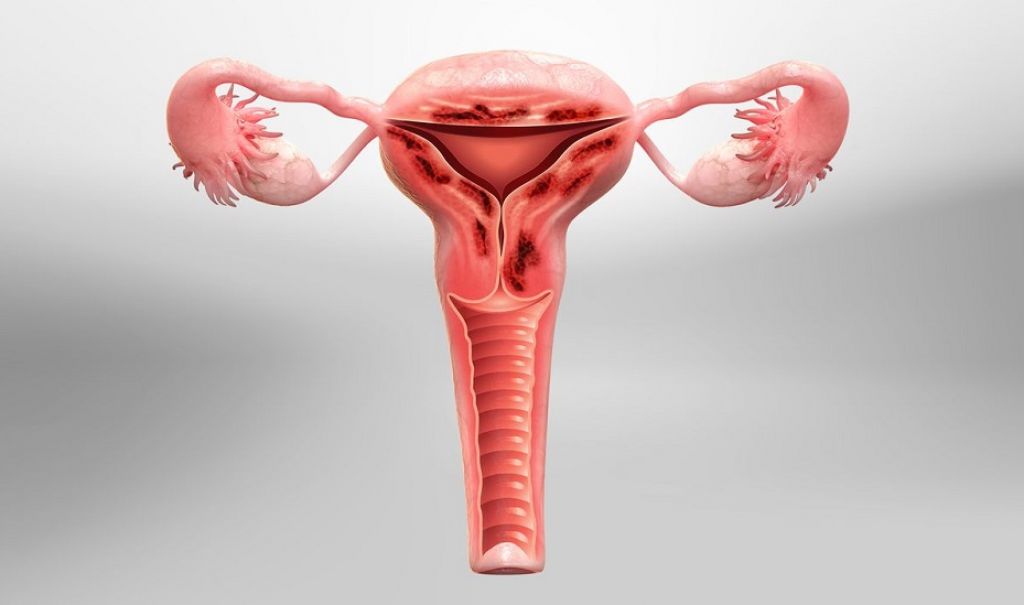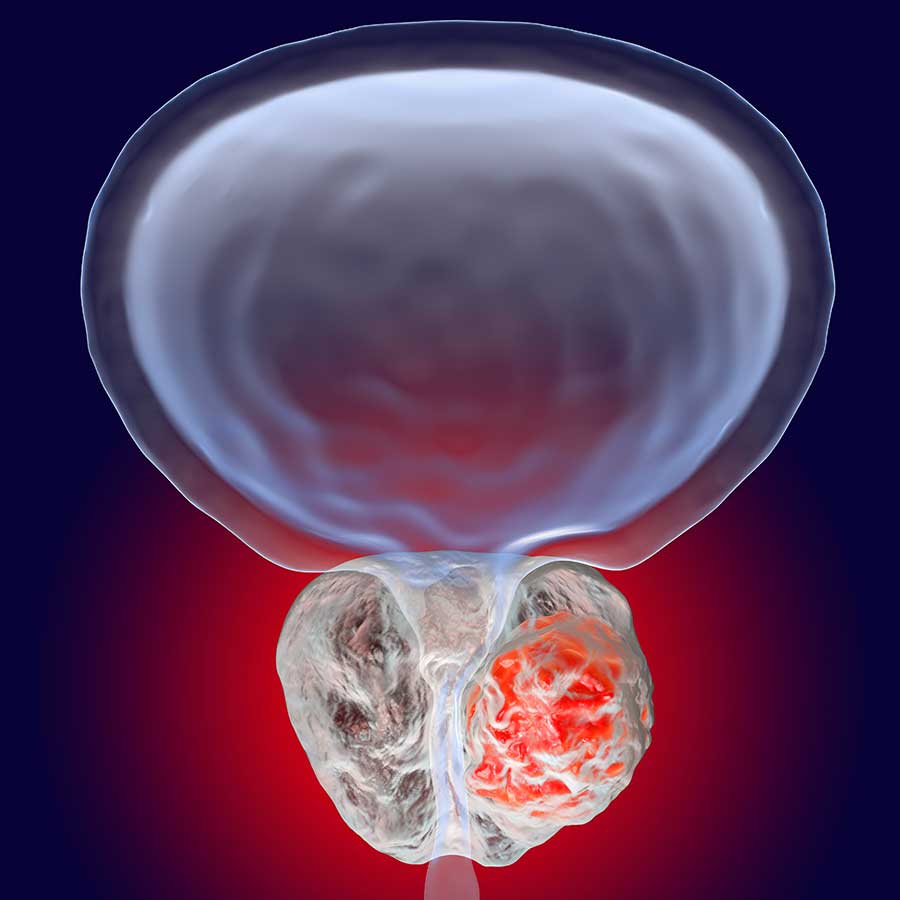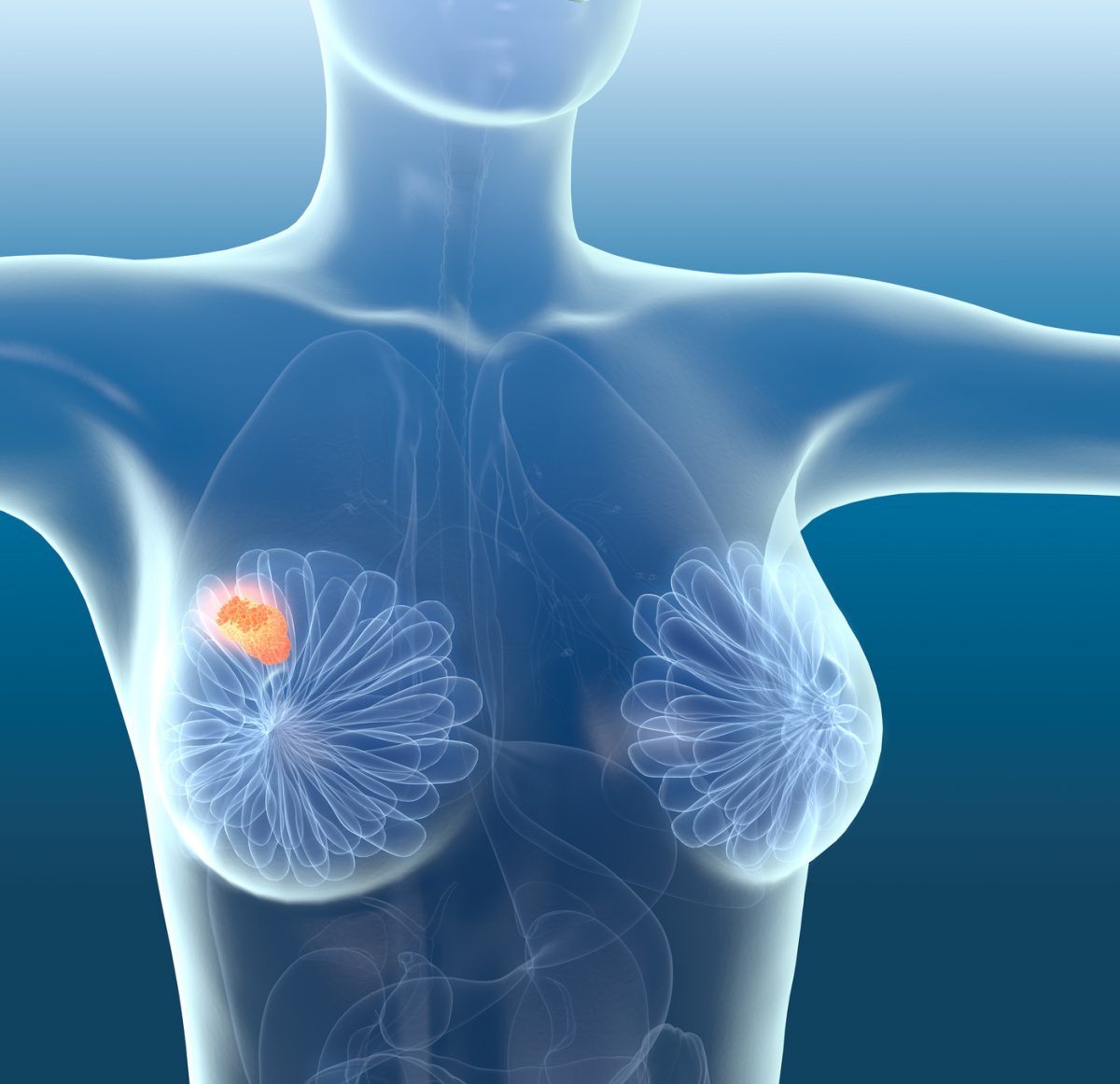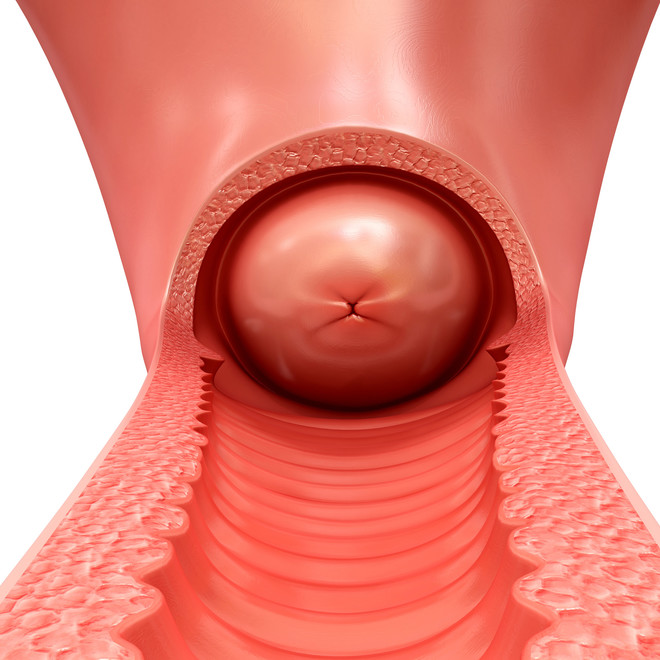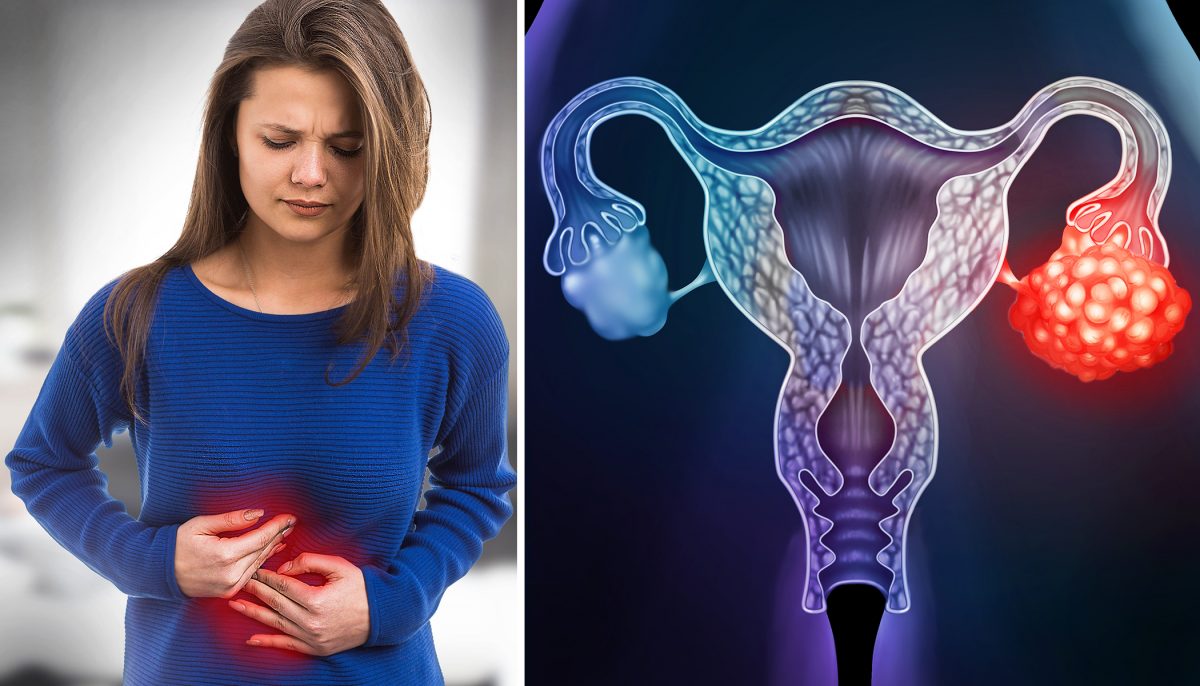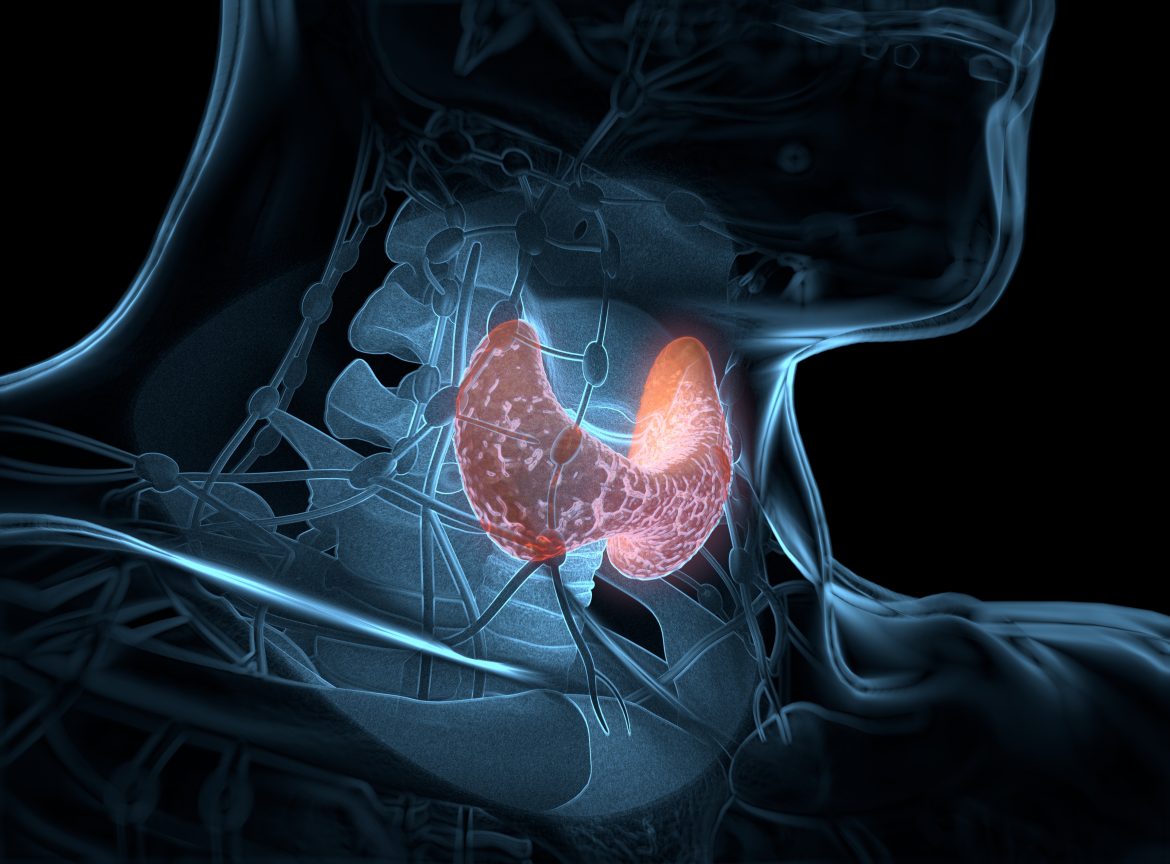Leiomyosarcoma is a rare type of malignant tumor that develops from smooth muscle cells. The neoplasm mainly affects the esophagus, intestines, uterus. This type of oncology is recognized as one of the most aggressive. It is characterized by rapid tumor growth and early spread of metastases. After the course of treatment, more than half of… Read more
Category: Uncategorized
What you need to know about uterine cancer?
Cancer of the body of the uterus is a malignant tumor that develops from the cells of the endometrium. The danger of the disease is that it is difficult to diagnose it in the early stages, and as the tumor process spreads, the percentage of 5-year survival decreases. Hormonal disorders, diseases of the reproductive and… Read more
Vulvar cancer: how is it manifested and treated?
Vulvar cancer is a malignant tumor of the female external genital organs. Most often, pathology is diagnosed in patients after 55-60 years. In advanced stages, the prognosis is disappointing, and treatment may result in disability, but in the early stages, the disease is easily treatable. Therefore, every woman should know what vulvar cancer is, how… Read more
Prostate (prostate) cancer
Prostate cancer is one of the main medical and social problems of oncourology. Lesions of the prostate gland of various nature and etiology are observed in 90% of the male population over 40 years of age. And the average age of people who are diagnosed with a malignant neoplasm is 60-70 years. The difficulty of… Read more
Fibroadenoma of the breast and fibrocystic mastopathy: main symptoms, diagnosis and treatment
Breast cancer takes one of the first places among oncological diseases in women. It is especially important that there is a marked increase in the number of cases and the rate of increase in malignant neoplasms of the mammary gland. Early detection and treatment of precancerous breast diseases is the best method for preventing the… Read more
Krauroz
During menopause, a woman becomes very vulnerable to the development of many diseases. The organs of the genitourinary system are most susceptible to changes. One of the diseases associated with changes in hormonal levels is kraurosis. This is a serious lesion of the external genital organs, which is characterized by their atrophy and wrinkling. Deficiency… Read more
Dysplasia of the cervix
Precancerous diseases are conditions that are the basis for the development of the oncological process. Therefore, the detection and control of such conditions is important, as it allows you to avoid the development of cancer! One of the most common oncological processes in women is cervical cancer. Like many other tumors, it has the same… Read more
Ovarian cancer. Diagnostics and treatment
Ovarian cancer is the most common cancer among the female population. The high percentage of mortality of this pathology is explained by the latent course of all tumor-like processes in these paired gonads. Therefore, the effectiveness of further therapy directly depends on early detection and timely treatment. Unfortunately, the majority of women who do not… Read more
Thyroid cancer
Thyroid cancer accounts for 1% in the structure of all oncopathologies, and it accounts for less than 0.5% of deaths. The disease can occur at any age. The maximum number of cases of a tumor of such localization was registered in persons from 45 to 64 years old, however, the most malignant thyroid cancer occurs… Read more
Cervical cancer
Oncopathology of female genital organs, and in particular cervical cancer, is one of the most common cancerous lesions among the female population. This problem affects a broad age group from 30 to 55 years old. Unfortunately, patients rarely feel any discomfort during the development of the tumor process and turn to a specialist rather late…. Read more
